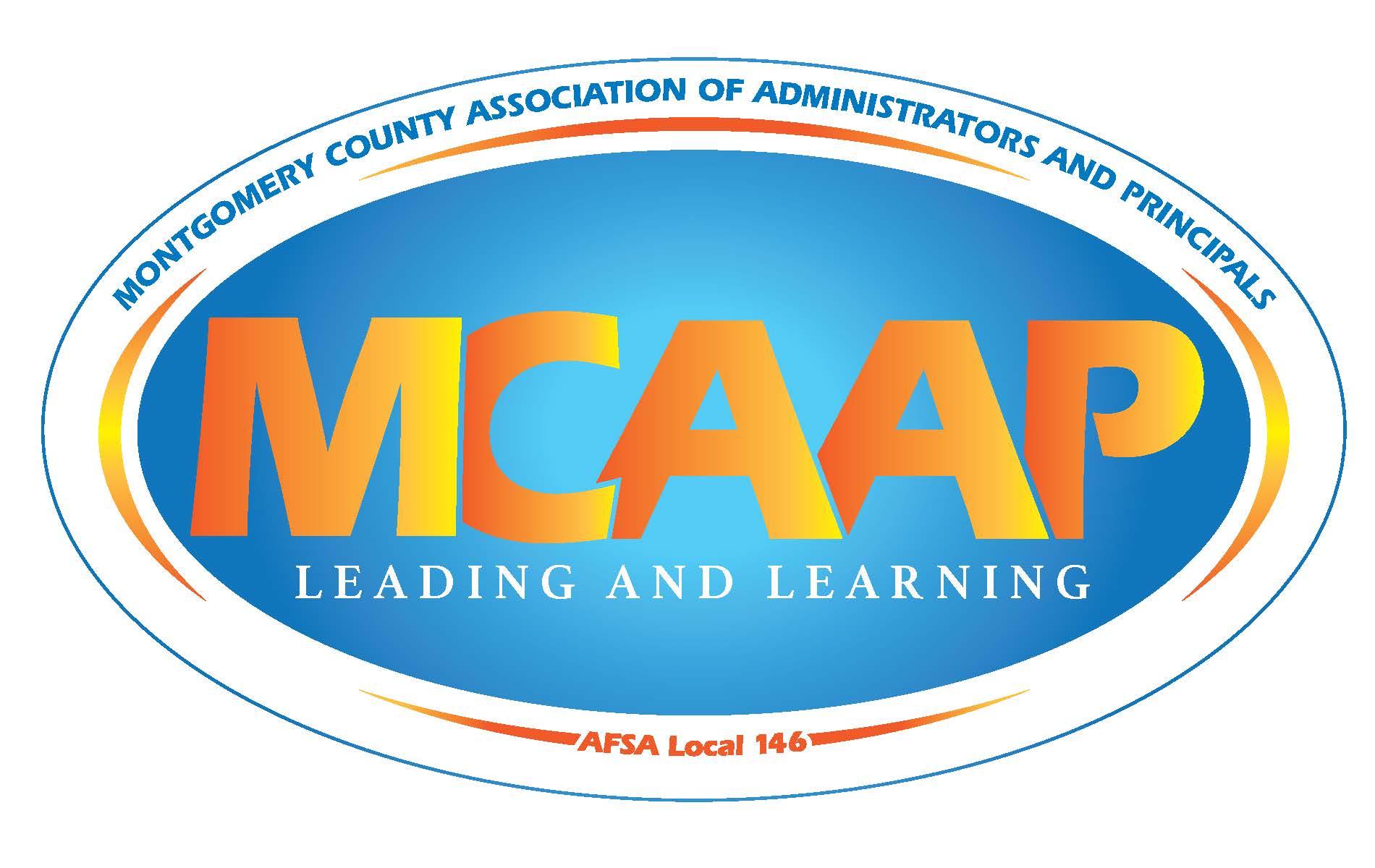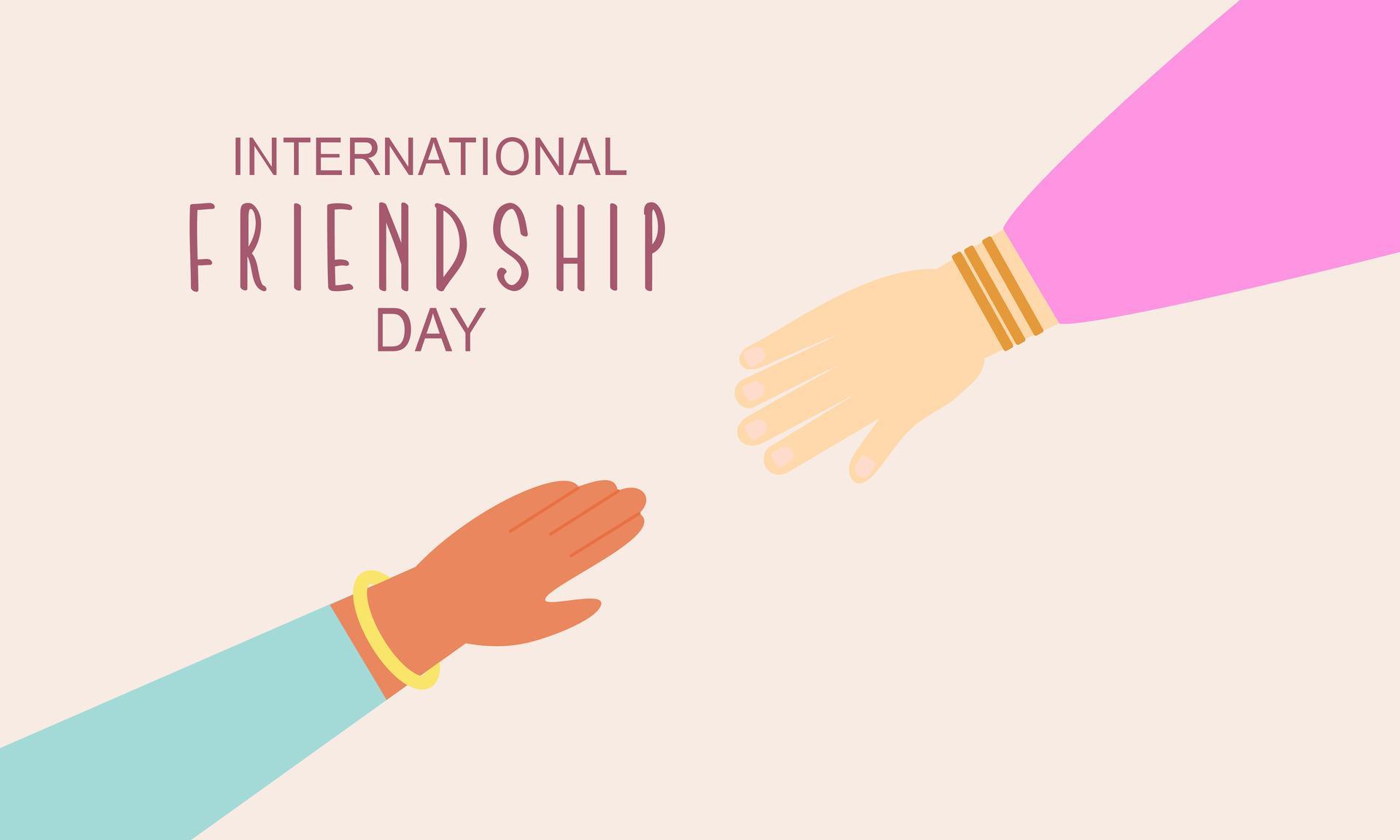Recent research has shed light on the influential role of friendships in the academic and emotional development of K–12 students. Far from trivial, friendships have been found to significantly impact student outcomes, with implications for teachers and school leaders.
A recent study published in BMC Psychology highlighted the critical role of positive peer relationships in academic achievement, emphasizing that supportive relationships with peers can lead to greater success in academic pursuits.
The benefits of friendships in K–12 education go beyond mere social interaction. Studies have shown that positive peer relationships can directly impact academic outcomes by creating a supportive learning environment where students feel comfortable engaging and participating in class. Cooperative learning, where students work together toward common goals, has been found to boost academic performance and reduce behavioral problems. Furthermore, peer-assisted learning, particularly when friends or students with common interests are paired together, has shown to improve learning outcomes, especially for students with learning disabilities or those who are shy.
Emotionally and socially, friendships play a crucial role in the development of students. They provide a sense of belonging, support and resilience, helping students cope with academic and personal challenges. Cultivating these positive relationships is vital for creating inclusive and supportive school environments. Teachers and school counselors are instrumental in promoting inclusive interactions and fostering cross-ethnic and cross-status friendships, which have been associated with lower vulnerability to peer victimization and higher academic outcomes.
Educators can influence the social dynamics of their classrooms by creating group activities that require collaboration and voicing positive opinions about all students. Professional development programs that train teachers to create relationship-centric classrooms have shown promising results in transforming both teaching practices and student outcomes.
Fostering friendships in K–12 education is not just about enhancing students' social lives; it's a strategic approach to improving their academic performance and emotional well-being. Schools that prioritize building strong peer relationships are investing in a more inclusive, supportive and successful learning environment for all students. As school leaders, recognizing and fostering these relationships can have profound impacts on student outcomes.

